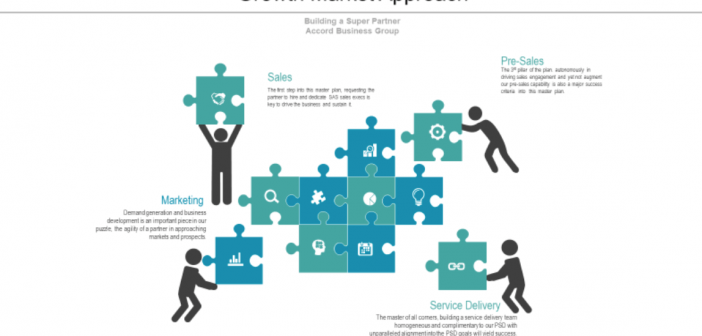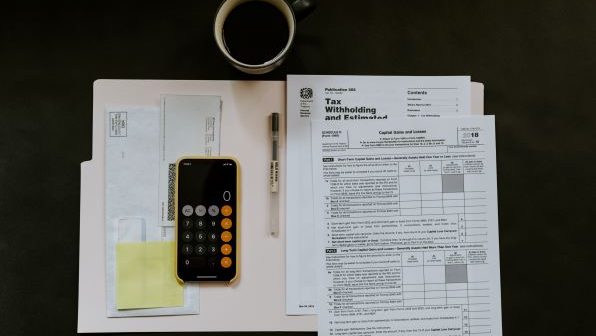
For SAS and its partners, it provides opportunities for growth, new markets, and better service.

For SAS and its partners, it provides opportunities for growth, new markets, and better service.

What leads to development of Machine Learning and Artificial Intelligence techniques to find complex patterns in data?

If the UK economy is going to achieve the target of bringing all greenhouse gas emissions to net zero by 2050 the application of Intelligent Decisioning will play a major role in helping achieve this target.

Utility companies have a choice: aggressive debt collection, or debt forgiveness or ‘holidays’.

Why fraud prevention and anti-money laundering teams can learn a lot from each other—and how convergence can benefit both.

Skills shortages in data science affect every company and organisation that tries to automate and adopt AI over the next few years.

The COVID-19 pandemic has revealed the vulnerability of pharmaceutical supply chains. Pharma companies are focusing on risk management to improve the resilience of their networks. Most of the measures they will take, including on-shoring, over capacities and redundancies, will lead to higher costs. To decrease inventory levels across these new

In May, I joined several SAS colleagues, academics, clinicians, pharmaceutical companies, and other information and technology specialists for the first-ever IMI PIONEER Hackathon for prostate cancer research. A few weeks later, as I watched the SpaceX launch on TV, it occurred to me that space trips and cancer research have

If the regulation is delayed, many insurers have embarked on the LDTI journey while focusing on Business Continuity efforts.
